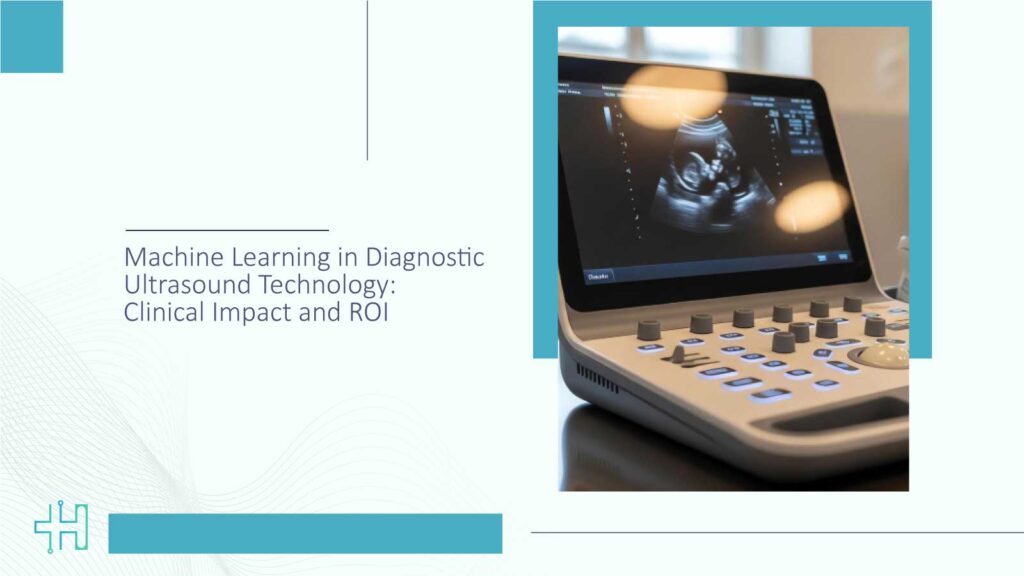Presented at the American Urological Association’s 2025 Annual Meeting, this new data builds on Avenda Health’s previous study demonstrating Unfold AI’s ability to predict extracapsular extension risk, which was named winner of the BJUI Compass Prize 2025.
Avenda Health, an AI healthcare company creating the future of personalized prostate cancer care, announces new study results showing its cancer mapping tool, Unfold AI, predicts cancer spread more accurately than MRI.
Health Technology Insights: Health Catalyst Partners with Microsoft to Advance AI in Healthcare
The pilot study, titled “Prediction of Seminal Vesicle Invasion Using Artificial Intelligence Prostate Cancer Risk Mapping,” was presented at the American Urological Association’s 2025 Annual Meeting on April 27. The results show that Unfold AI significantly improves prediction of seminal vesicle invasion (SVI), a critical factor in prostate cancer staging and prognosis, achieving a 92% accuracy rate, compared to 52% with radiologist interpretation on standard MRI. This data lays the groundwork for further research into the diagnostic accuracy of AI and its role in improving patient outcomes.
This data builds on a previous study which examined Unfold AI’s ability to predict extracapsular extension risk and was named winner of the BJUI Compass Prize 2025 at the American Urological Association’s Annual Meeting this past Sunday. Together, these studies demonstrate the powerful role of Unfold AI in predicting the spread of prostate cancer to other organs, improving physicians’ ability to accurately diagnose and plan treatment for patients.
Determining if prostate cancer has spread into other nearby structures, like the seminal vesicles, is critical for accurate staging and effective treatment planning, particularly for surgery and radiation. Traditional methods like MRI are largely unreliable and inaccurate, which leads to frequent misdiagnosis of SVI with MRI alone.
Health Technology Insights: Wayspring Unveils Network Solutions for Behavioral Health and SUD
Researchers from Stanford University School of Medicine and UCLA’s David Geffen School of Medicine conducted a preliminary study of two cohorts of men, all of whom received MRI scans before undergoing prostate cancer surgery. They compared physicians’ predictions of SVI based on MRI alone to predictions made by Unfold AI, which combines MRI and clinical data to create a 3D cancer map. After surgery, the team analyzed prostate specimens for SVI to determine ground-truth and evaluate the accuracy of both methods.
In the first cohort, pathology confirmed SVI in 25 of 147 patients. Unfold AI accurately identified 92% of these cases, while physicians using MRI identified 52%. The second cohort included 20 patients, 10 of which had SVI. MRI missed four of the 10 cases, while Unfold AI missed only two. Unfold AI also produced fewer false positive rates compared to MRI in both the first (AUC 0.95 vs. 0.80, p = 0.003) and second cohorts (AUC 0.85 vs 0.74).
“These results demonstrate how Unfold AI continues to improve the diagnosis and staging of prostate cancer, enabling the physician to recommend and deliver the best therapy to the patient,” said study author Shyam Natarajan, PhD, co-founder and CEO of Avenda Health. “We are honored to be at the forefront of providing AI tools to urologists that improve the lives of patients.”
Health Technology Insights: HealthPlan Data Solutions Raises $15Million with MK Capital to Boost Pharmacy Payment Integrity Innovation
To participate in our interviews, please write to our HealthTech Media Room at sudipto@intentamplify.com
Source – PR Newswire







